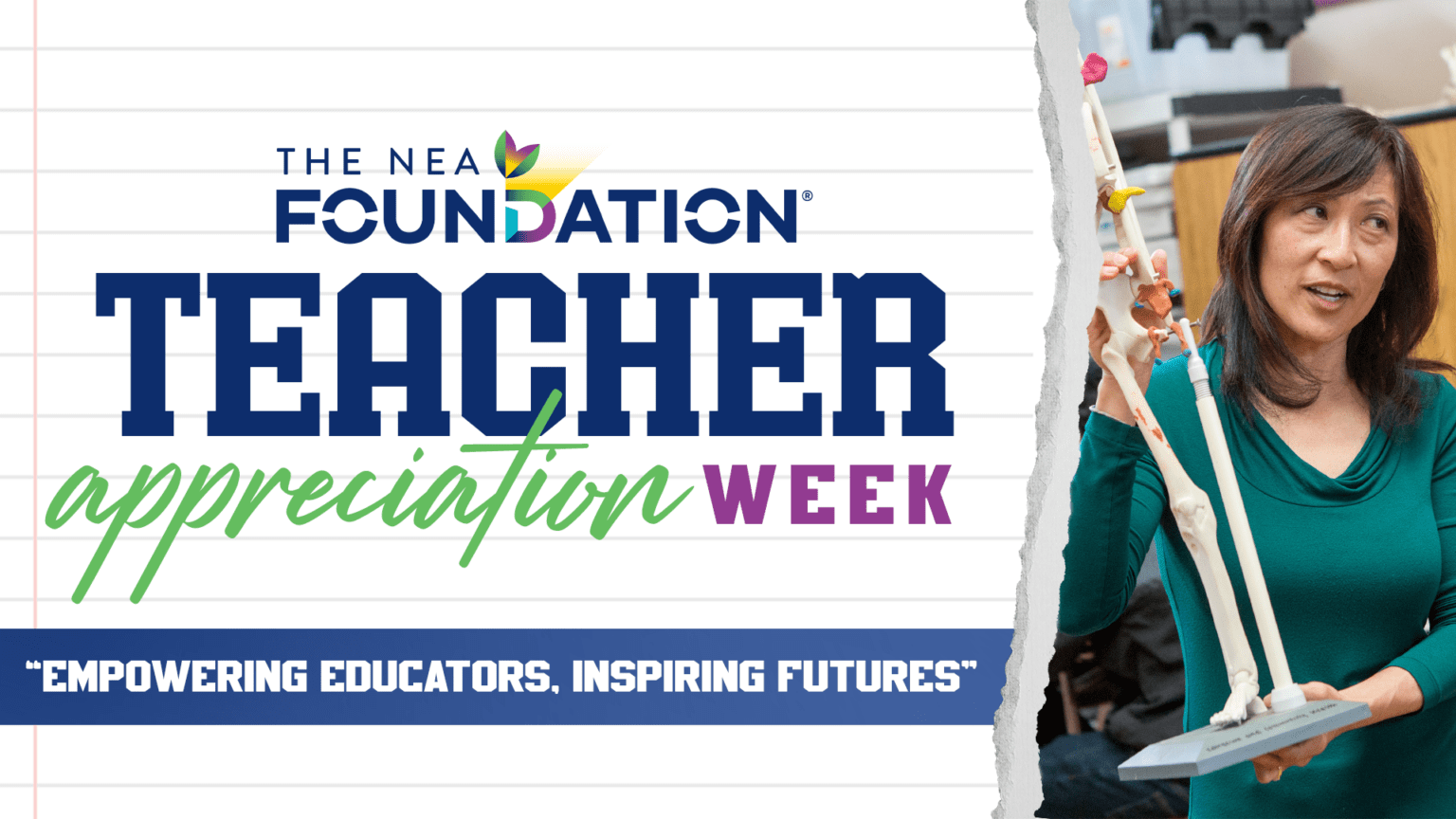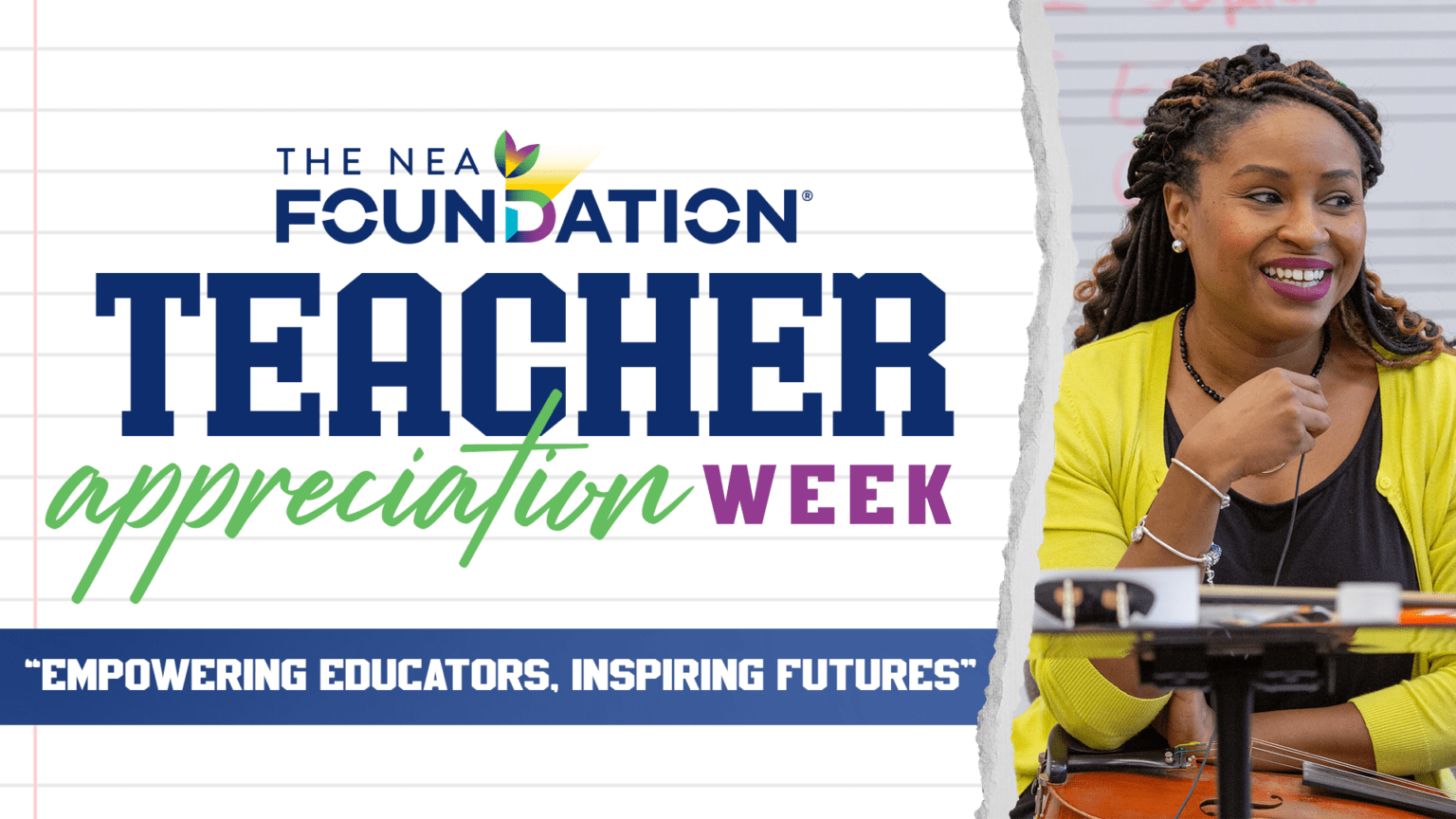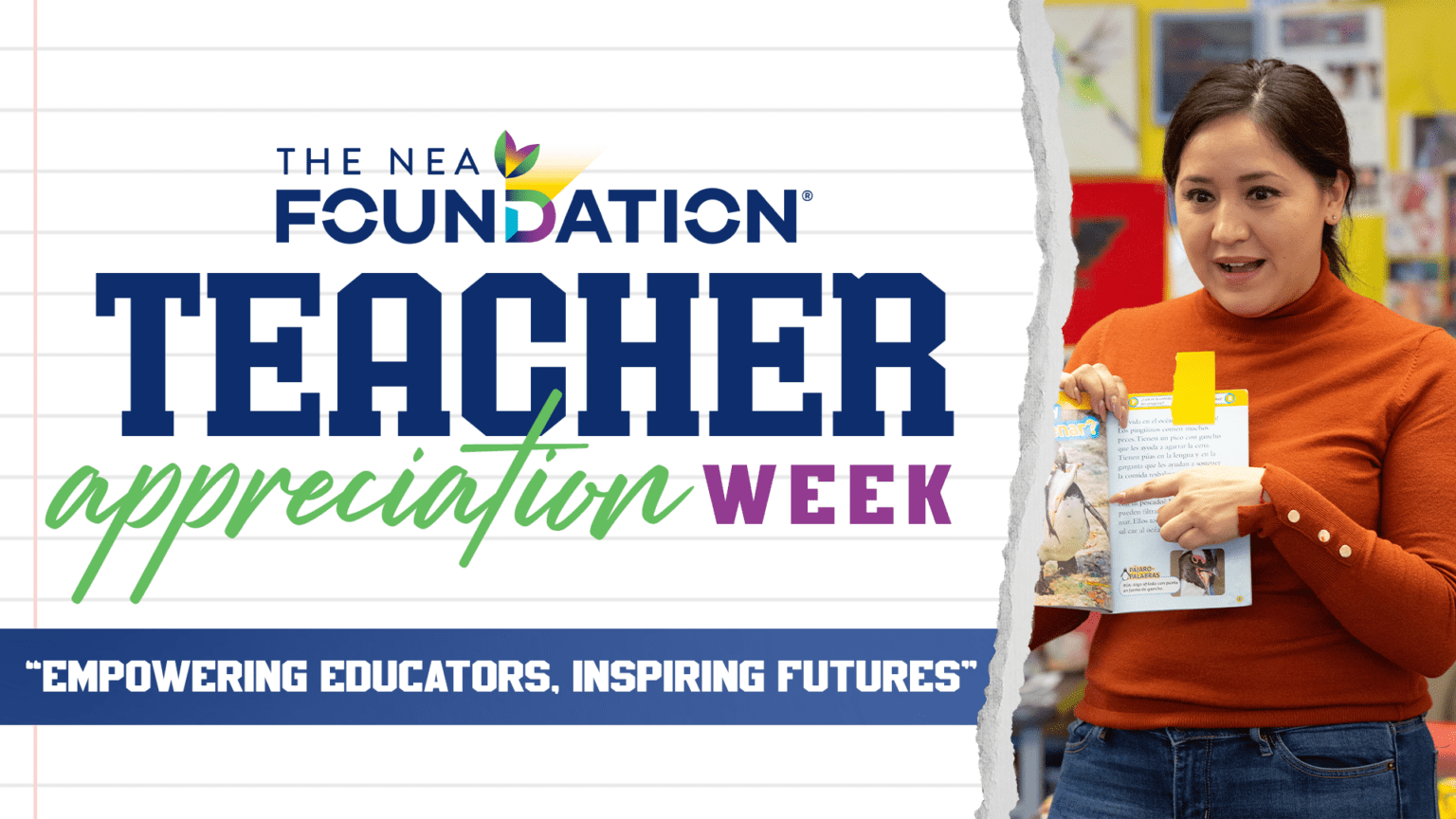
By Harriet Sanford
President & CEO
The NEA Foundation
Not surprisingly, over the last several months there has been a surge of educators who are pushing back more forcefully on recently mandated and implemented systems of teacher evaluation. I believe they are justified.
Most of these systems fly in the face of accepted notions of professionalism and of overwhelming research evidence. In a recent article on the NEA and the Florida Education Association (FEA) federal lawsuit challenging the evaluation of teachers based on the standardized test scores, NEA President Dennis Van Roekel suggested that the Florida action would not be the last. “There will be others,” he said. “This is the first.” Read the full Education Week article.
Bigger questions are at the core of this suit, and must be answered if significant progress is to be made in the national and federal policy arenas by the teaching profession toward achievement of full professional status. These questions I believe are captured succinctly in a recent article by Michael Usdan, former president and current senior fellow, Institute for Educational Leadership, and Art Wise, president emeritus of National Council for the Accreditation of Teacher Education, who asks:
“Will teaching and learning be improved through increased regulation, mandated standards, standardized testing of students, and test-based teacher evaluation, as the administration favors, or through more-rigorous selection, development, quality control, and peer oversight of teachers, as favored by the unions? What are the consequences of each approach for what and how teachers teach and students learn?” Read the full Education Week article.
Jal Mehta of the Harvard Graduate School of Education provides a succinct frame for answering these questions:
“Teaching requires a professional model, like we have in medicine, law, engineering, accounting, architecture and many other fields. In these professions, consistency of quality is created less by holding individual practitioners accountable and more by building a body of knowledge, carefully training people in that knowledge, requiring them to show expertise before they become licensed, and then using their professions’ standards to guide their work.” Read the full New York Times article.
The dynamics articulated by Mehta, Usdan, and Wise are precisely those that drive the NEA Foundation’s efforts to build union capacity to co-construct and lead reform and help shape the evolution of local union collaboration with their districts. Enduring education reform necessarily entails greater cooperation with educators and the unions that represent them.
These topics sit at the center of public education policy debates that remain unresolved, at a time when stakes for all our students continue to increase exponentially. From time to time, I will use this blog to share a perspective generated from over eight years of NEA Foundation experience promoting teaching quality and student achievement, and to keep you current on pressing issues that impact the NEA Foundation’s work.












